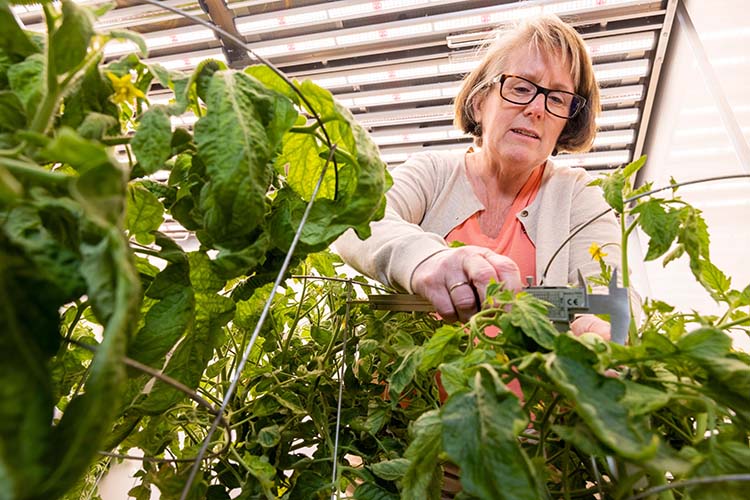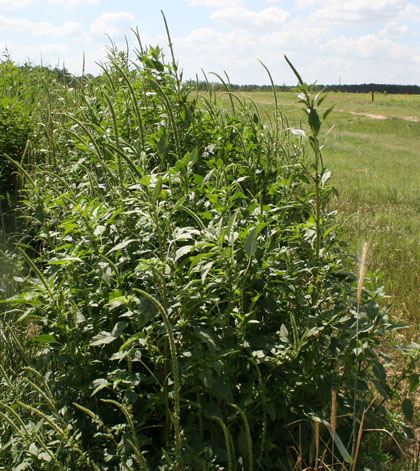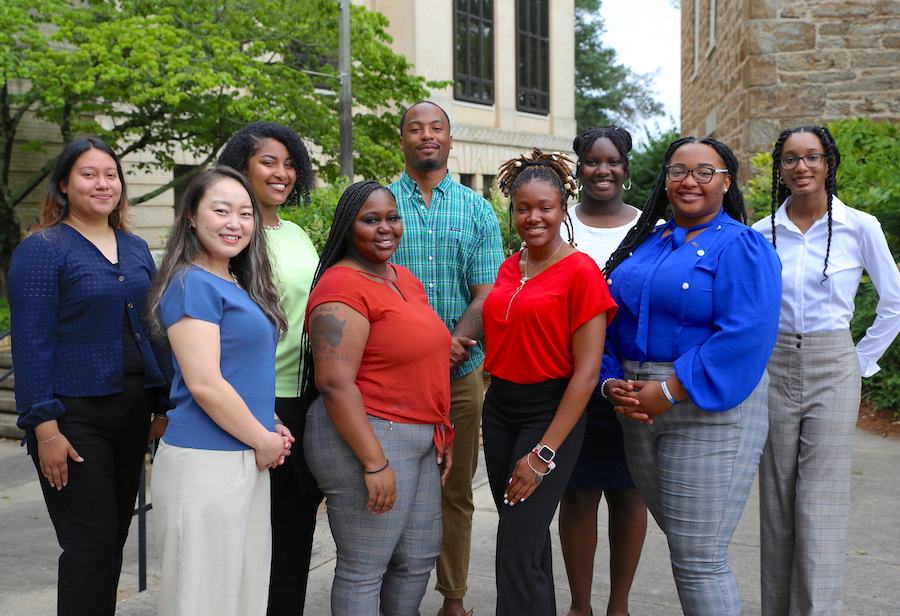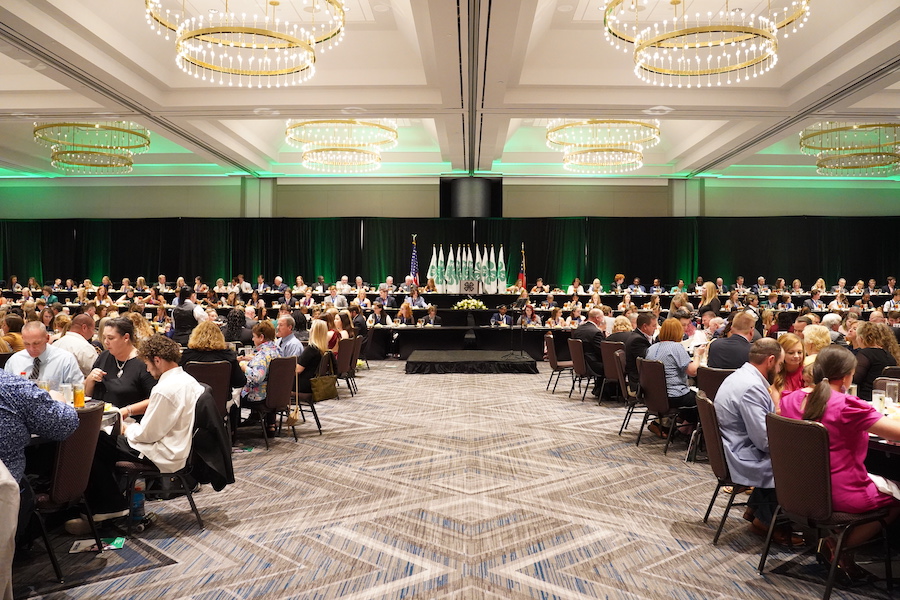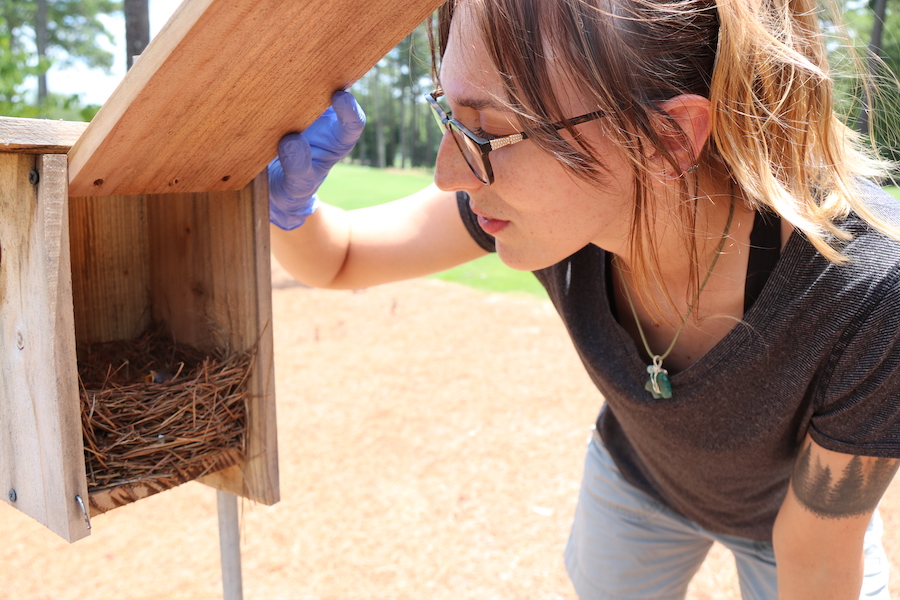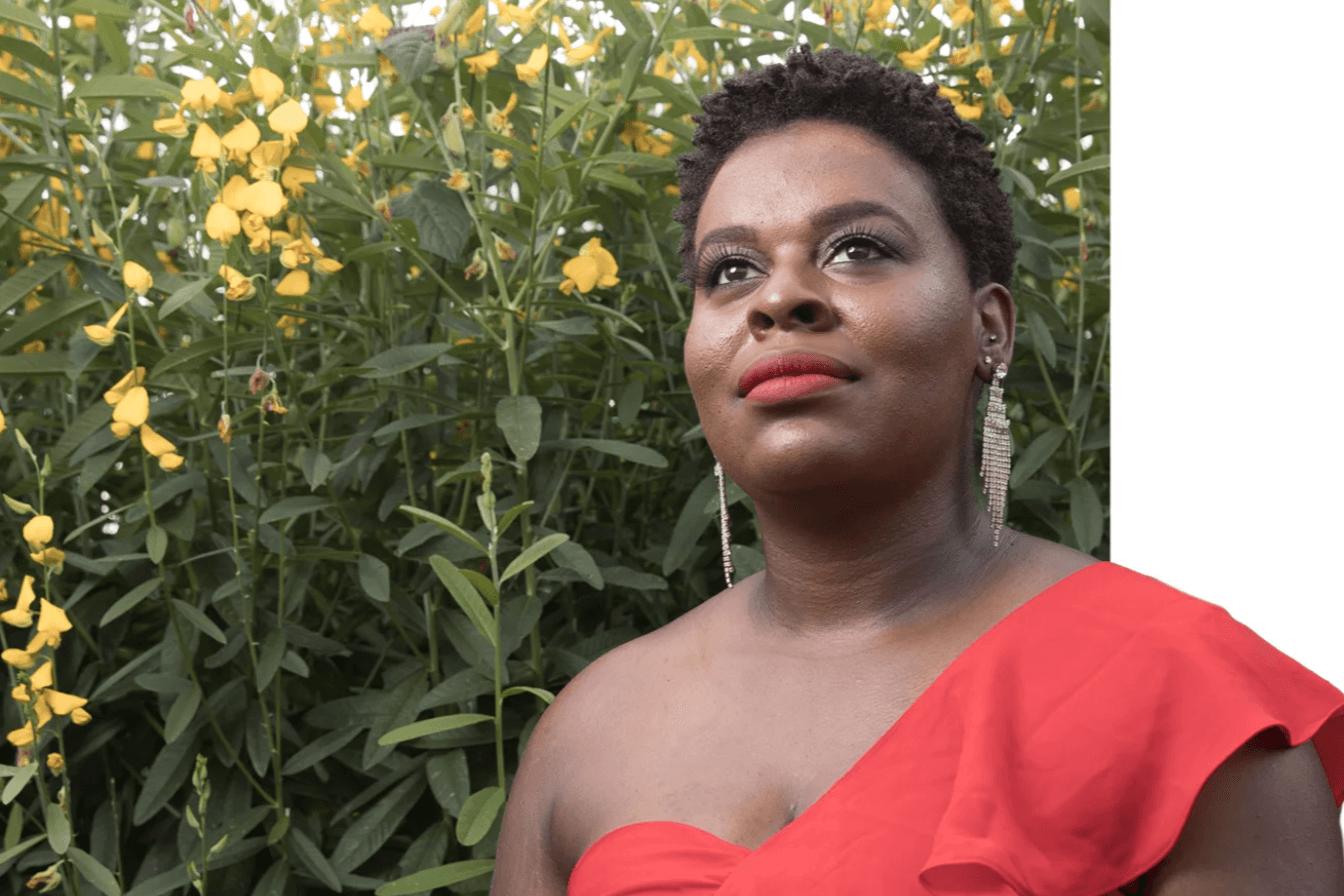 CAES News
CAES News
Setting the Course
Since landing at the University of Georgia in 2018, Kristen Dunning has been building opportunities. While at the College of Agricultural and Environmental Sciences, she has become a student leader and researcher, started a successful personal care products business, and developed an idea to make the industry she loves more transparent in its history and more equitable in its future.

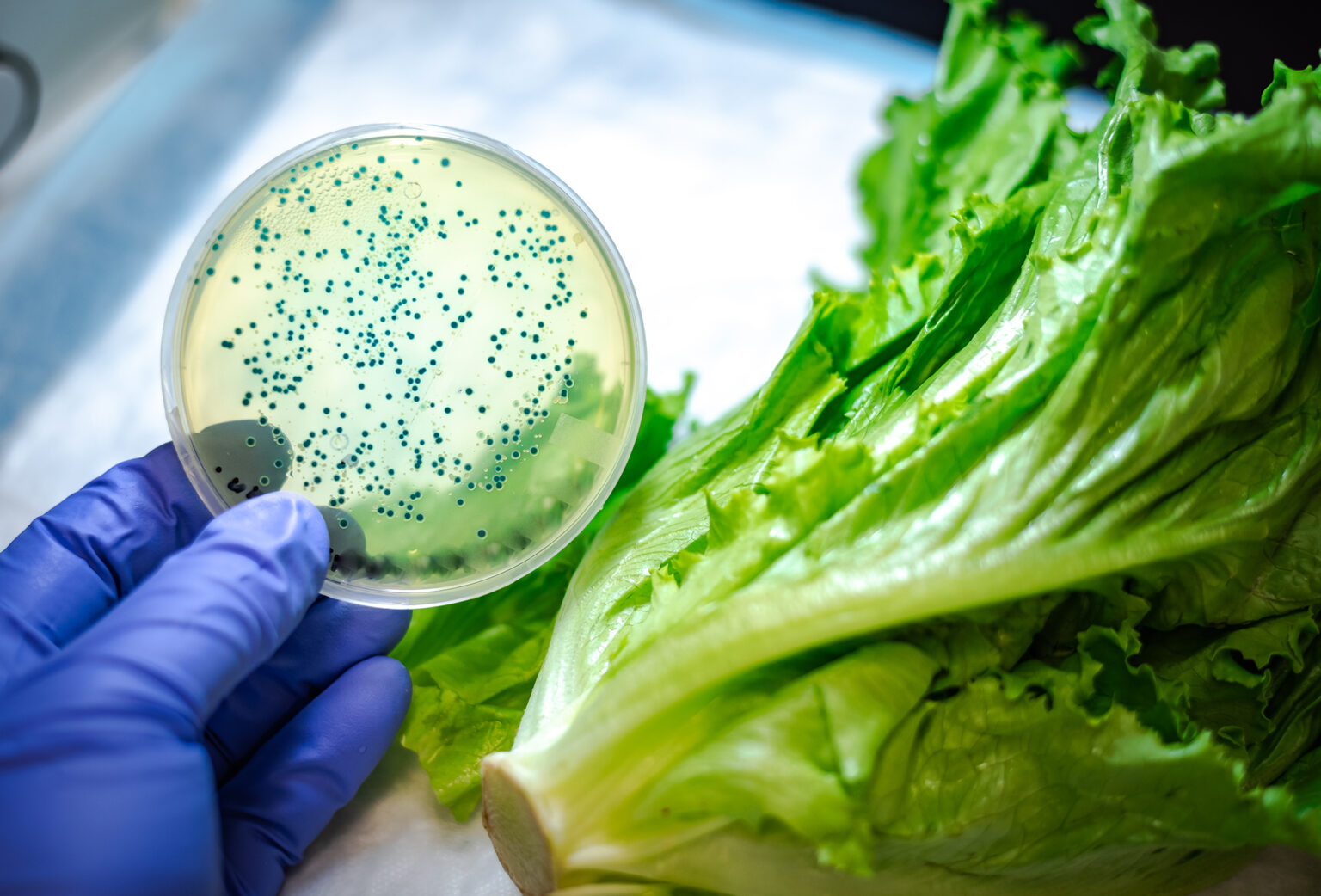
-(1).png)


